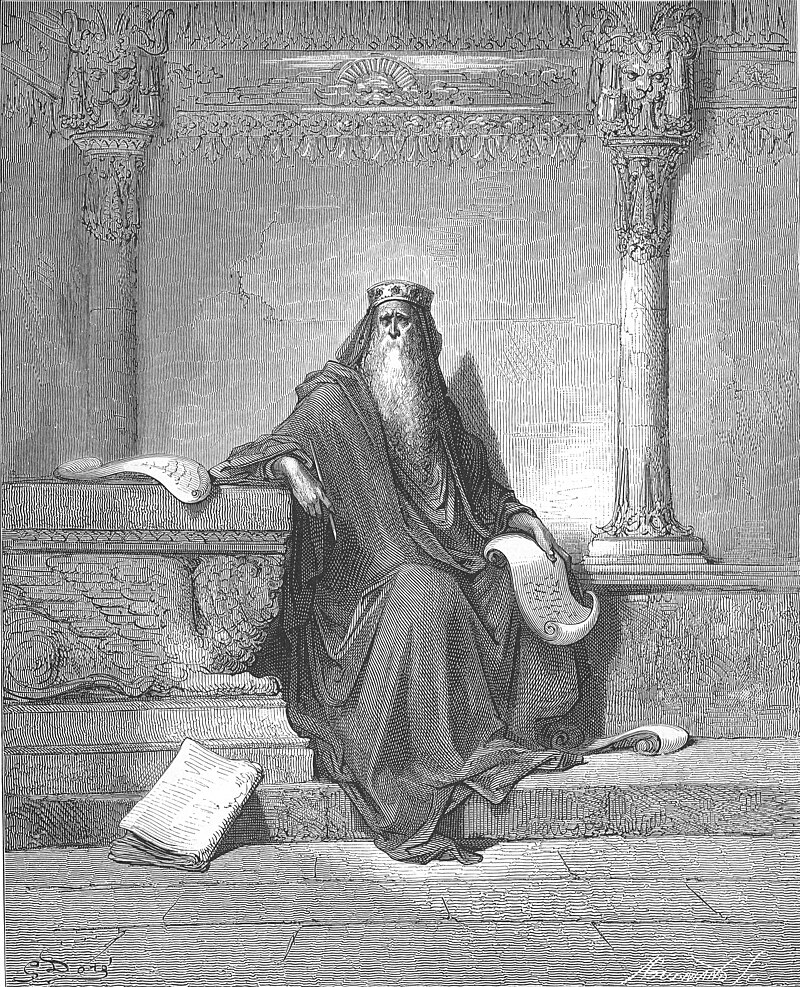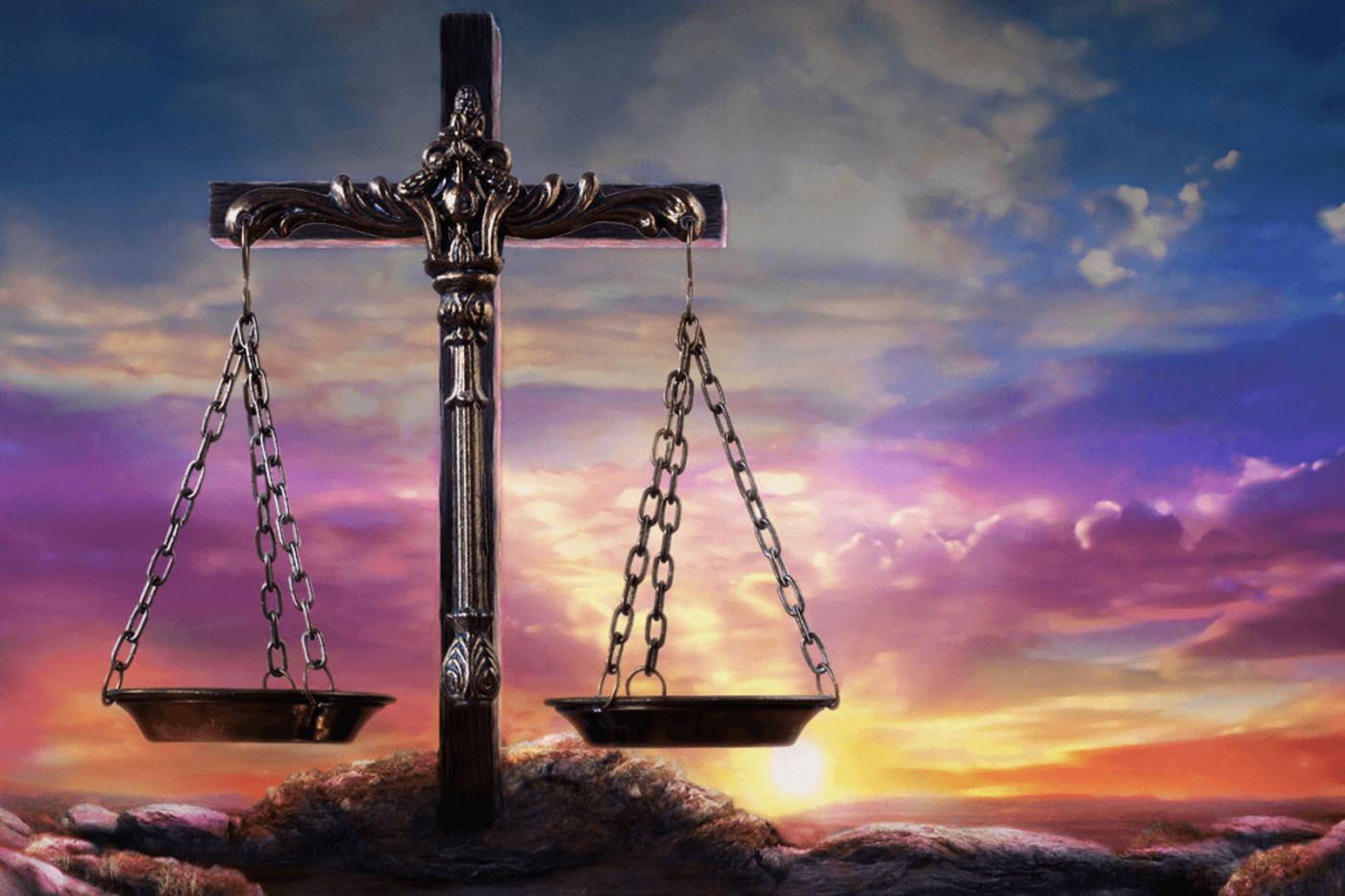* * * *

* * * *
July 16, 2024 – This year’s presidential election is less than four months away, meaning it’s time to re-examine Exodus 22:28. One translation reads, “Thou shalt not revile the gods, nor curse the ruler of thy people.” In 2014 I took that to mean “don’t diss Obama,” who served as president at the time. But that situation changed after the 2016 election. It raised the question, “Does that apply if ‘the other side’ has disrespected ‘your’ Leader?”
I examined those issues in two previous posts, May 2014’s “God will strike you, you whitewashed wall!,” and on November 13, 2016, An update on “dissin’ the Prez.” The 2014 post addressed those who disrespected Barack Obama. The 2016 post wondered if his supporters then had to respect Donald Trump, given Trump and his supporters showing little respect for Obama. And come next January 20, 2025 we may face the same issue yet again.
The 2014 post noted the Apostle Paul standing trial in Jerusalem before the Sanhedrin – the Hebrew “Supreme Court” – for preaching about Jesus. When he said he was just doing God’s work the high priest – Ananais – told a guard to “strike him on the mouth.” That’s when Paul made his rash comment, “God will strike you, you whitewashed wall! You sit here to judge me according to the law, yet you yourself violate the law by commanding that I be struck.”
Those standing nearby said, ‘Do you dare to insult God’s high priest?’ And Paul said, ‘I did not realize, brothers, that he was high priest; for it is written, “You shall not speak evil of a leader of your people.”’
Which to me brought up the irony of Conservative Christians who say the Bible must be interpreted literally, yet from 2008 to 2016 felt free to “speak evil” of Barack Obama.
In 2016 the tables got turned, or at least raised an interesting question: “Since conservatives spent the last eight years ‘cursing and reviling’ [Obama], are liberals – not to mention the majority who voted for Hillary Clinton – now free to do the same with Donald Trump?” All of which raises more questions. “Do we interpret 22:28 strictly or liberally?” Put another way, have there been changes since Moses wrote 22:28, changes that may affect how we interpret it? Put a third way, is there “something new under the sun” that could affect the interpretation?
That “something new under the sun” is a twist on Ecclesiastes 1:9, “What has been will be again, what has been done will be done again; there is nothing new under the sun.” And if that’s true we need to interpret the statute literally, to say it’s wrong to disrespect any president.
But is it true that there’s “nothing new under the sun?” Let’s dig deeper.
We could check Ecclesiastes – Wikipedia, which talks about a man known by various names: Koheleth, Qoheleth or Qohelet, the “unnamed author [who] introduces ‘The words of Kohelet, son of David, king in Jerusalem.’” One thing seems certain, that many people disagree about the book’s message, whether it’s “positive and life-affirming, or deeply pessimistic; whether it is coherent or incoherent, insightful or confused, orthodox or heterodox.”
That doesn’t help much, but another article said the phrase (1:9) is “used as a world-weary complaint against life’s monotony. When Solomon wrote the statement, he was emphasizing the cyclic nature of human life on earth and the emptiness of living only for the ‘rat race.’” (Which seems true enough.) But see What does it mean that there is nothing new under the sun?
To say there is nothing new under the sun does not ignore inventions or advances in technology; rather, these innovations do not amount to any basic change in the world. In Solomon’s time, many advances took place in society, but, from the larger perspective of life, human nature has remained and always will remain the same.
Which seems to indicate some wiggle room here, which I suppose could come from a more “liberal translation?” (Since there have undeniably been been both new inventions and advances in technology.) And with that in mind, can we say that the President of the United States is a “leader of the country” as that term was interpreted when Moses wrote?
In plain words there have been big changes to this idea of “leader” since Moses wrote Exodus 22:28. See e.g. Divine right of kings, the idea that a king is not accountable to any earthly authority (such as a parliament) “because their right to rule is derived from divine authority. Thus, the monarch is not subject to the will of the people.” (Wikipedia.) But for one thing, “Catholic jurisprudence holds that the monarch is always subject to natural and divine law, which are regarded as superior to the monarch.” For another, starting in the 1500’s “both Catholic and Protestant political thinkers alike challenged the idea of a monarch’s ‘divine right.'”
Then there were things like the Magna Carta and Declaration of Independence, which held that governments get their power “from the consent of the governed.” And that when any government “becomes destructive of these ends” – the right to life, liberty and pursuing happiness – “it is the Right of the People to alter or to abolish it, and to institute new Government.” And finally the Preamble to the United States Constitution, starts with “We the People of the United States … do ordain and establish this Constitution for the United States of America.”
See also Constitution 101: “the federal government was never meant to serve as anything more than an agent, exercising the specific powers delegated by the true sovereign – the people.”
Under the intended constitutional system, “we the people” hold the top position of authority… When an 18th century British king issued a grant, his name always appeared at the top in the same fashion. The framers merely replaced the king’s name with “We the People…” So, the ultimate and final authority always remains in the people.
So here indeed is “something new under the sun,” Qoheleth notwithstanding.
Back in Bible times there was no such thing as voting and no such thing as an election, where ordinary people chose who would hold temporary power to serve their interests. Back in Bible times a leader held ultimate power, including the power of life and death over any and all of his subjects. Such a leader was a king or other dictator who served for life – or until a stronger king bumped him off. But in America the president is more like a plumber. He’s a hired hand who can serve the Sovereign People for no more than eight years.
Which means what? Does Exodus 22:28 still apply, and if so “to whom?” One thing we do know, the Sovereign American People have the power to criticize and maybe even “diss” any president or other politician they have voted into temporary power. But what happens once they’ve made that choice, through a free and fair election? Once “the Sovereign has spoken?”
I’d say those January 6 rioters may well get pardoned by some earthly power in the coming days, but I wouldn’t want to be in their shoes when they meet their Maker…
(“Let the reader understand.”)
* * * *

* * * *
The upper image is courtesy of Ecclesiastes – Wikipedia: “‘King Solomon‘ in Old Age by Gustave Doré (1866), a depiction of the purported author of Ecclesiastes, according to rabbinic tradition.”
As to the headline see What Does Diss Mean? – Meaning, Uses and More – FluentSlang. One example: ““I don’t like him because he always disses me for expressing my opinion.” Also:
The term diss is slang that is used to insult, disrespect, or disregard someone. It can also be used as a noun to refer to receiving a “diss.” The word originated as a shortened version of “disrespect” and is commonly used in casual conversations and online interactions.
The Book of Common Prayer reference: The “corporate-mystical” prayer is on page 339, the post-communion prayer for Holy Eucharist, Rite I.
“Feast days” are designated days on the liturgical (church) calendar “set aside to commemorate events, saints, or doctrines that are important in the life of the Church. These can range from Solemnities, which are the highest-ranking feast days like Easter and Christmas, to optional memorials that celebrate lesser-known saints.” Feast Days: Celebrating the Church’s Calendar.
Re: Paul’s “whitewashed wall” comment and how he got out of it. In verses 6 and 7, he turned the tables: “Paul, knowing that some of them were Sadducees and the others Pharisees, called out in the Sanhedrin, ‘My brothers, I am a Pharisee, descended from Pharisees. I stand on trial because of the hope of the resurrection of the dead.’ When he said this, a dispute broke out between the Pharisees and the Sadducees, and the assembly was divided.”
The lower image is courtesy of Judgment Day … Image Results.
* * * *
Other notes on the topic include two new gems from Commentaries on Exodus 22:28. One reads, “The gods of the heathen were uniformly, and with the utmost scorn. ‘reviled.'” Another Comment said the rule applies “even to all dignified persons, who ought not to be spoken ill of, and to be abused in the execution of their office, and especially when they perform well.“
And as to a president serving no more than two terms, one earlier post had this: “Possibly less, if he ends up impeached and convicted. See AU Professor Predicts Trump’s Impeachment.”
* * * *